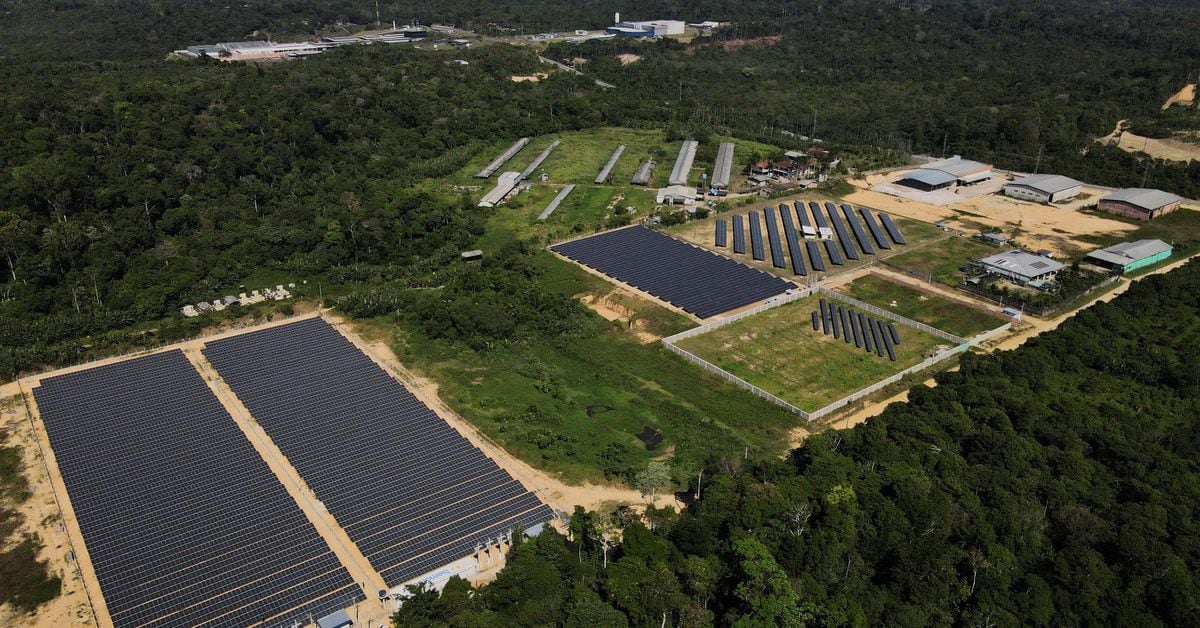Brazil signs on to global climate deal to triple renewable energy::Brazil has signed onto an agreement to triple renewable energy globally by 2030 and shift away from using coal, the country’s Foreign Ministry said on Friday, joining a prospective deal backed by the European Union, U.S. and United Arab Emirates.
Hopefully they actually follow through on their commitment in contrast to most other countries and their climate promises…
Didn’t they elect the equivalent of Trump on their country? Or has that changed?
I’m rather pessimistic.
Brazil ≠ Argentina
Yes I know. I haven’t been following Brazil’s politics in a while and thought Bolsonaro was still in power.
90% of energy in brazil already comes from renewable tho,
Brazil’s energy will be 270% clean by 2030
You joke but it’s a good idea to have greater than 100% production, as long as you can store and/or export it. And having some redundancy is a good idea.
This is the best summary I could come up with:
Nov 24 (Reuters) - Brazil has signed onto an agreement to triple renewable energy globally by 2030 and shift away from using coal, the country’s Foreign Ministry said on Friday, joining a prospective deal backed by the European Union, U.S. and United Arab Emirates.
Sources told Reuters earlier this month the aim is for the deal to be officially adopted by leaders attending the United Nation’s COP28 climate negotiations that begins next week in Dubai.
Brazil’s embassy in Abu Dhabi said in a letter to the United Arab Emirates’ Foreign Ministry that it would join the deal titled the “Global Renewables and Energy Efficiency Targets Pledge.”
More than 80% of the country’s electricity comes from renewable sources, led by hydropower with solar and wind energy expanding rapidly.
While Brazil supports tripling renewables globally, mathematically it is not possible domestically, a Foreign Ministry spokesperson said.
It also includes a pledge to double the global annual rate of improving energy efficiency to 4% per year until 2030.
The original article contains 280 words, the summary contains 165 words. Saved 41%. I’m a bot and I’m open source!



